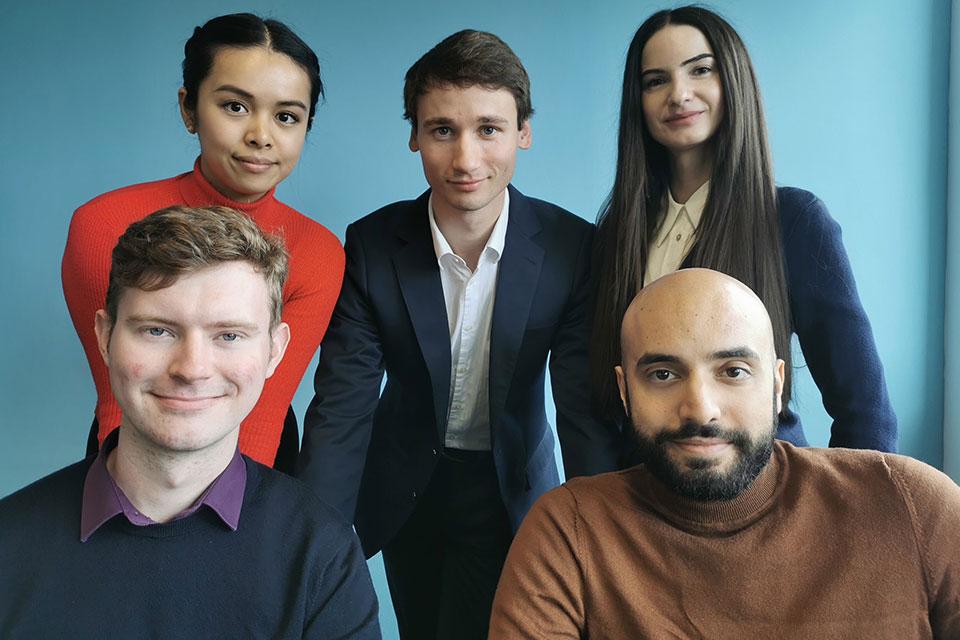Oxford University spin-out, Quantum Dice, has been awarded the Institute of Physics’ Business Start-up Award 2021. Quantum Dice's founders include the Department of Physics’ Ramy Aboushelbaya and Marko Mayr; the company is developing the world’s first compact source-device independent quantum random number generator set to play a key role in the cybersecurity market.
A quantum random number generator (QRNG) uses the principles of quantum mechanics to generate truly random numbers. Source device independence in QRNGs means that the randomness assurance protocol considers all the physical components of the device may be imperfect and accounts for their varying reliability when assessing the amount of randomness that can be extracted from the quantum mechanical process.
Patented technology
The innovation that Quantum Dice brings is a self-certification routine that continuously assesses the available randomness, thereby guaranteeing that the output numbers have the maximum amount of randomness that could be extracted. The patented technology is the product of research conducted at Oxford’s Department of Physics.
‘The IOP Business Awards emphasise the vital role physics and physicists play in our economy, creating jobs and growth by powering innovation to meet challenges ranging from climate change to healthcare for an ageing population, and food security for a growing global population,’ comments Professor Sheila Rowan CBE, President of the IOP. ‘The individuals and companies recognised by our awards are putting physics into practice to create ground-breaking products and processes which will shape the world around us for decades to come, and their work has never been more important.’
Improving cybersecurity
'We are incredibly proud of Ramy and Marko,' comments Dr Phillip Tait, Innovation and Enterprise Manager at the Department of Physics. 'They are playing a leading role in developing the application of novel physics technology to improve cybersecurity, which is a key challenge for government and business.'

